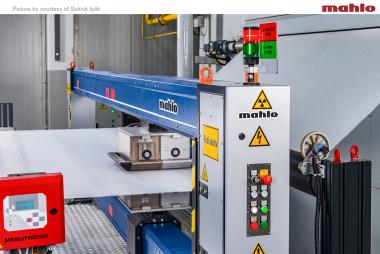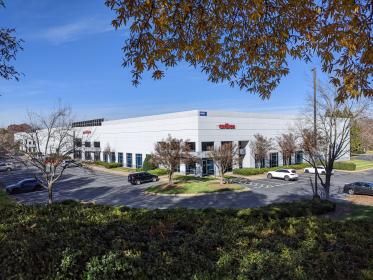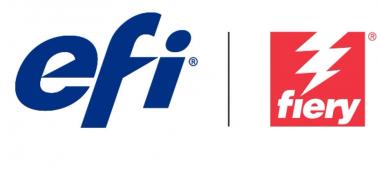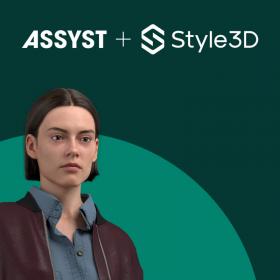Mahlo at the INDEX 2023: Nonwovens in focus
When the nonwoven industry meets at the leading trade fair INDEX in Geneva from 18 to 21 April, Mahlo GmbH + Co KG awaits trade visitors from all over the world to inform them about the right measurement technology enabling more efficient and high-quality production of nonwovens.
With a wide range of sensors, different measuring techniques and the corresponding measuring bridges, practically all tasks regarding the control of basis weight, moisture, thickness, fibre content, and air permeability can be solved in a cost-efficient and practical way.
As an example, Wulbeck mentions spunlace products. They mainly consist of fibres such as cotton, PE, PET or rayon. They absorb light in the near-infrared range. Water and all other materials have different spectral ranges and can thus be distinguished. The near-infrared sensor Infrascope NIR determines the moisture content and the basis weight of different materials by attenuating the light in certain wavelengths. Due to its very high spectral resolution, the sensor can distinguish between components with very similar but not identical IR absorption and achieves high measurement accuracy. "Up to 0.05 g/m2 of the respective coating weight is possible," says Wulbeck.
"We want to support manufacturers in optimising their production processes and thus also the end product," says Matthias Wulbeck, Mahlo product manager for QCS. Because, like many other industries, the nonwoven sector is struggling with challenges such as rising prices for energy and raw materials, long delivery times and uncertain supply chains. In order to continue to produce economically and on time, it is therefore necessary to save resources and avoid faulty production as well as unnecessary process times. "Our Qualiscan QMS measurement and control system helps to do just that."
Mahlo GmbH + Co. KG



























